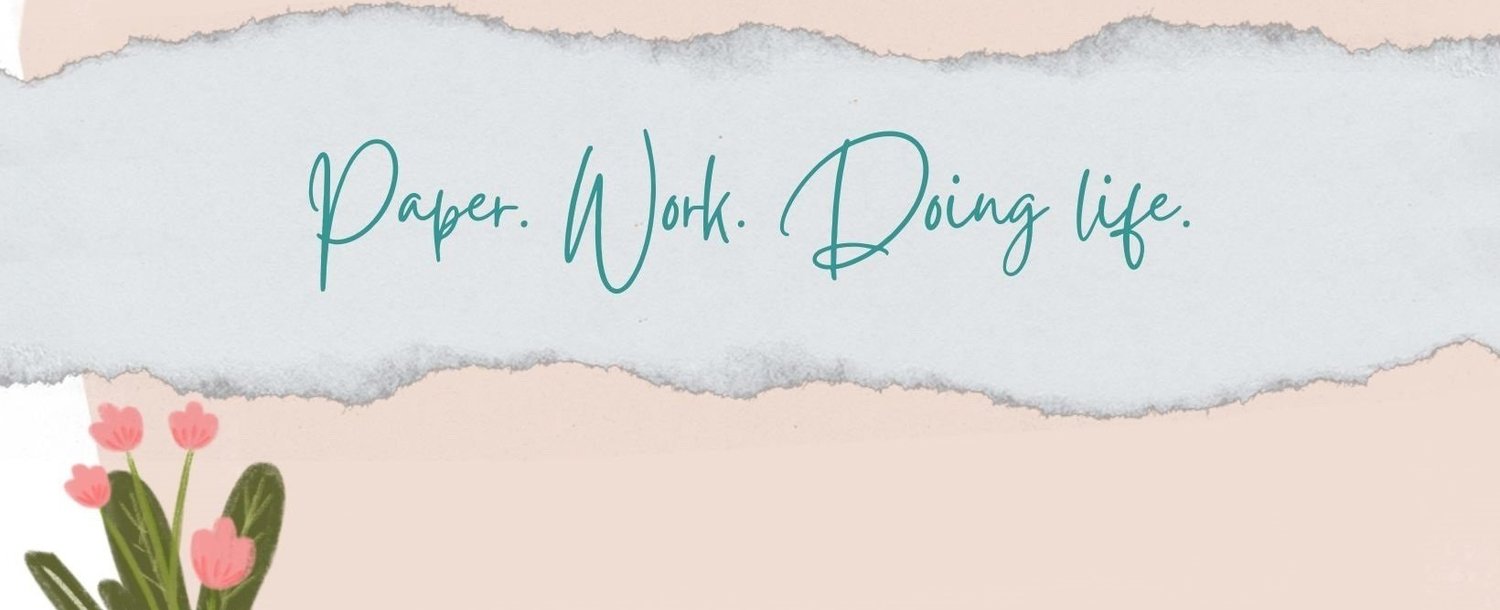The Summer of Letting Go - Gae Polisner
Polisner, Gae. The Summer of Letting Go. Chapel Hill, North Carolina: Algonquin, 2014.
Frankie Schnell’s burdens can seem overwhelming for a 15 almost 16 year old. She blames herself for the death of her brother Simon 4 years ago. She is certain that her mother blames her as well. At 11, she wasn’t watching him closely enough at the beach where he drowned. Her dad, who seems to hold the family together, might be having an affair with the neighbor. And she is oddly and awkwardly attracted to her best friend Lisette’s boyfriend Bradley. Enter Frankie Skye. He is 4 and seems inexplicably attached to Frankie though he barely knows her. His hurting mother hires Frankie to be a mother’s helper and a unique relationship is formed.
In spite of the burdens she bears, Frankie will be infinitely relatable to my readers as she experiences so much of what the typical teenager experiences. She longs for a boyfriend and a first kiss. She feels some distance from her best friends who is often occupied with her new boyfriend. Her parents don’t seem to get her. She is at many levels just like my readers.
Frankie sure takes some wrong turns. Easy answers don’t populate this book’s honest look at the struggles she faces. I appreciated very much the honest look at broken people. Some of my readers will also be fascinated with the look at reincarnation...is Frankie Skye drawn to her because he has Simon’s soul? I can’t decide if I am frustrated with the lack of a definitive answer here or impressed with the author’s willingness to even entertain such an issue. If you are looking for some solid consideration of reincarnation, though, you won’t find it here.
As much of the book centers around the pool and the beach, I could book talk it with other summer beachy reads - Sarah Dessen and the like. I have lately been thinking about young protagonists who are dealing with broken parents in their lives, and at a more serious level, this book fits here as well. It could work well with Linda Vigen Phillips’ Crazy and Laurie Halse Anderson’s The Impossible Knife of Memory. One certainty is that I will be talking about this title with my students very soon.


